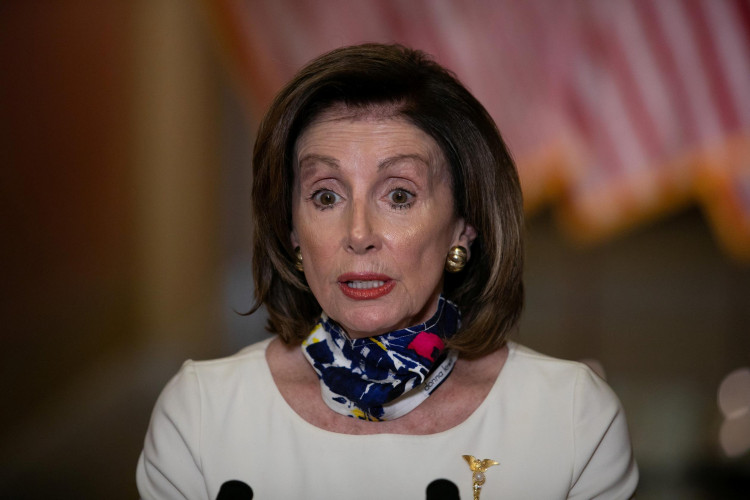The House of Representatives announced a new stimulus package, dubbed the Health and Economic Recovery Omnibus Emergency Solutions Act, or the HEROES Act. This $3 trillion initiative greatly surpasses the value of the $2.2 trillion CARES Act, the biggest stimulus bill in the history of the United States. The House will proceed to vote on the bill on Friday.
The plan comes while the U.S. government is only sending out the first tranche of incentive payments that Congress approved under the Cares Act. These payments are up to $1,200 per person or $2,400 for married couples, plus $500 for under-17 children. The first batch of payments will reach Americans of low to medium incomes.
The bill will also give millions of Americans a second round of stimulus checks, and provide more money for the Postal Service. Not all part of the bill would have required more government spending. Several sections would aim to combat the coronavirus pandemic in other ways, such as requiring travelers to wear face masks on planes and public transport.
The Democratic bill would also expand the unprecedented increase in unemployment insurance contained in the legislation in March. It calls for continuity of the federal weekly $600 payment through January, rather than through July.
The proposal is likely to get a cool reception in the GOP-run Senate where leaders have state they want to let the first $2.4 trillion stimulus package take full effect prior to shifting on another measure that would pile on to the country's ballooning debt.
For weeks, Democrats have asked for the next series of financial relief to help financially struggling states and local governments battling a double-whammy from the ongoing pandemic: rising costs to deal with the crisis and plunging tax revenues from business shut downs.
The HEROES Act includes $915 billion to help fiscally crippled states (including the District of Columbia), territories and tribal regions ($540 billion), and local governments ($375 billion).
The Internal Revenue Service said the federal government has sent out 130 million payments so far, for a total amount of $200 billion plus. Over 150 million total payments are estimated in that first round of payments.
The US economy lost more than 20 million jobs last month, pushing the jobless rate up to 14.6 percent. Many economic analysts say the figure will go higher in the next few months as many Americans remain uncertain about going back to work or spending money as the government continues to fight the coronavirus crisis.






